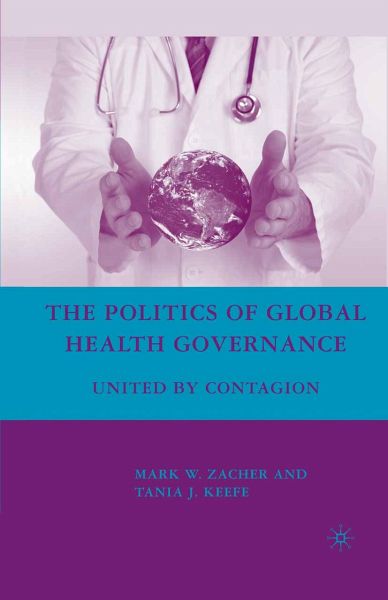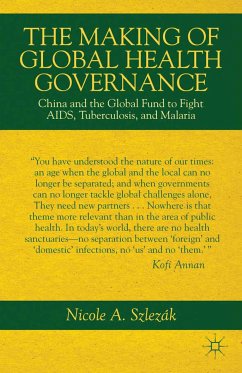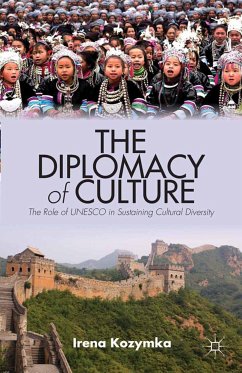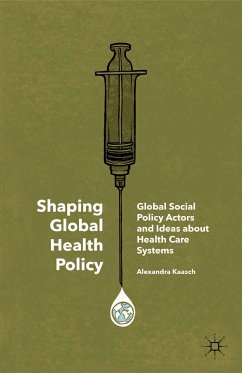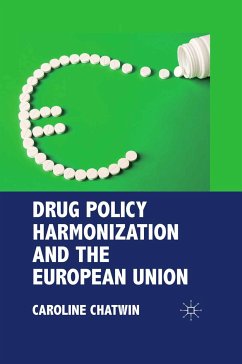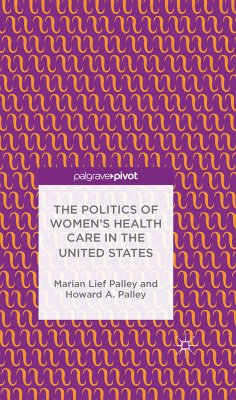'Two Canadian scholars here usefully review the history of international cooperation with respect to contagious diseases (cholera, the plague, and yellow fever were the chief concerns in the nineteenth and early twentieth centuries) and the increased activities and rapid enlargement of the World Health Organization and its various associated bodies.' - Foreign Affairs
'A growing number of scholars now recognize the relevance of global health issues to the understanding and practice of international relations. This book adds to this growing body of work, applying liberal functionalist theory to the global governance of infectious disease outbreaks. As well as enriching the study of global health governance, the authors seek to draw
important lessons for strengthening collective action in a rapidly changing world.' - Kelley Lee, Head, Public and Environmental Health Research Unit, London School of Hygiene & Tropical Medicine, UK
'Human and microbial competition for a niche in a rapidly globalizing world is tackled by this multidisciplinary analysis of the politics of the global health governance. Informed by nineteenth century history when great pandemics swept across Europe and North America and aimed at our common future, this important book will help us understand how we must accelerate international cooperation to ensure health security for all.' - Lincoln Chen, President of the China Medical Board of New York, and Research Associate and Founder, Global Equity Initiative, Harvard University, USA
'This is an impressive and important book. It probes issues that are all too rarely investigated, and it does so incisively and thoroughly. As the analysis makes clear, the problems of global health are enormous and at the same time they are probed here clearly and fully. Readers are bound to feel enlightened and rewarded.' - James N. Rosenau, University Professor of International Affairs, The George Washington University, USA
'Using the lens of international relations and trends in infectious disease the authors take an in-depth look at past and current global health governance, and based on lessons learned they suggest ways of shaping the global health architecture in this era of interdependence. This book is essential reading for policy makers, practitioners and students interested in the emerging discipline of global health diplomacy which focuses on this nexus between international affairs and global health.' - Nick Drager, Director of the Department of Ethics, Equity, Trade and Human Rights at the World Health Organization
